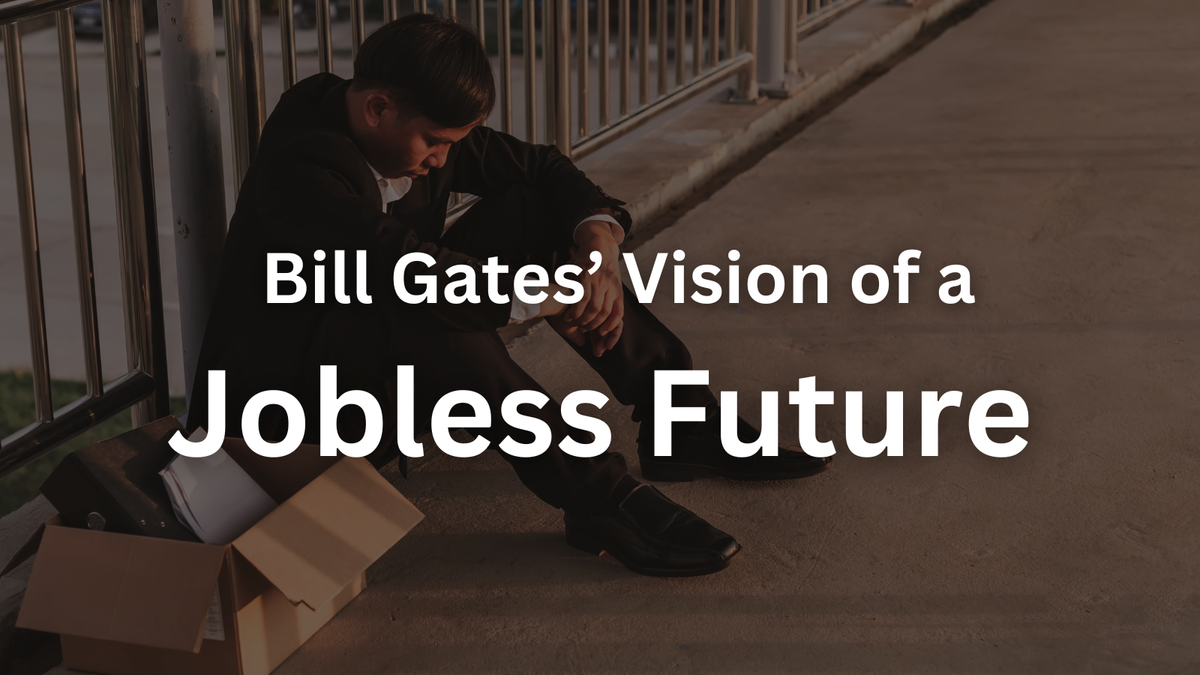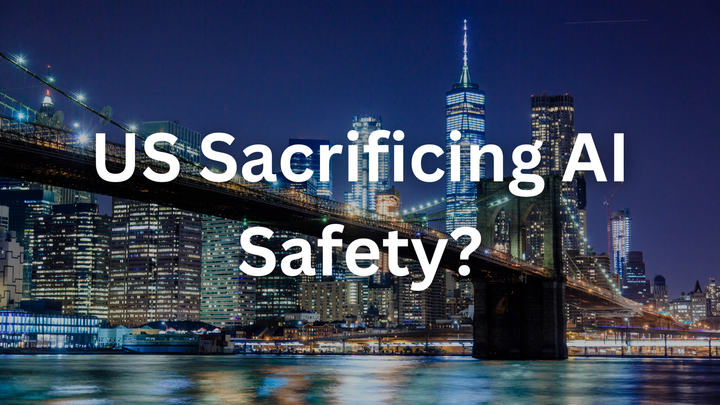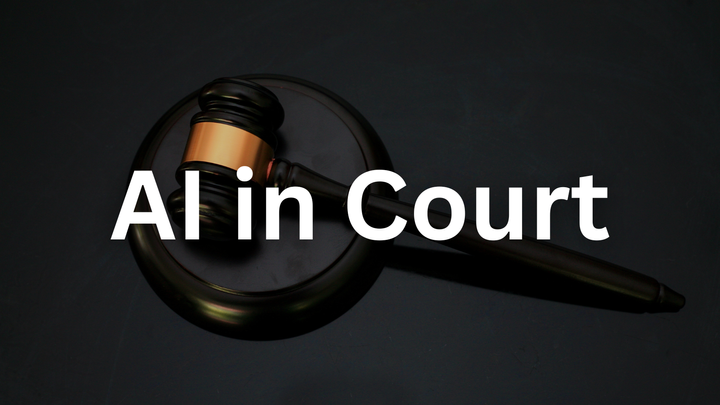Will AI Replace Humanity? Bill Gates’ Vision of a Jobless Future – And Why It’s Not That Simple

AI’s Promise or Peril?
Bill Gates recently made headlines by predicting AI will render humans obsolete for “most things” within a decade, including replacing doctors and teachers. While the vision of free, top-tier medical advice and personalized tutoring sounds utopian, I can’t help but wonder: Is this too good to be true? Let’s unpack the possibilities—and pitfalls—of Gates’ bold vision.
🌍 The Optimism vs. Skepticism Dilemma
Gates’ enthusiasm mirrors past tech hype cycles—like Web3, which promised to revolutionize the internet but largely stalled. Here’s why his AI claims raise eyebrows:
- 🚀 Timeline Trouble: Gates predicts AI tutors and doctors by 2034, but Web3’s slow adoption shows tech transitions rarely meet deadlines.
- 💸 Economic Whiplash: If AI makes jobs obsolete, how will people earn money? Universal Basic Income (UBI)—touted by Elon Musk—remains untested at scale.
- ⚠️ Social Unrest Risk: A jobless majority could lead to boredom, frustration, or worse. Will governments allow millions to idle?
- 🩺 Human Touch Matters: Would you trust an AI to diagnose your illness or mentor your child? Empathy isn’t codeable.
✅ The Case for AI’s Optimism
Gates isn’t alone in his faith. Tech giants are pouring billions into AI-driven solutions:
- 🏥 Healthcare Breakthroughs: AI already aids in drug discovery (e.g., Google’s DeepMind predicting protein structures).
- 🎓 Education Equality: Startups like Khan Academy use AI tutors to democratize learning globally.
- 💡 Economic Growth: Microsoft and OpenAI argue AI could boost global GDP by $15.7 trillion by 2030 (PwC estimate).
But here’s the catch: Gates admits AI should “augment, not replace” humans. Even he hedges: “There will be some things we reserve for ourselves.”

🚧 Roadblocks to a Jobless Utopia
AI’s path to dominance isn’t smooth:
- 🤖 Technical Limits: Current AI still hallucinates facts. As Gates notes, today’s models are “rife with errors.”
- 📜 Regulatory Hurdles: Who licenses AI doctors? How do we prevent misuse in education?
- 💰 Economic Models: UBI requires taxing AI profits—something Silicon Valley may resist.
- 🌐 Global Equity: Will developing nations access these tools, or will AI widen the wealth gap?
Microsoft AI CEO Mustafa Suleyman warns AI will be “hugely destabilizing,” suggesting even optimists see turbulence ahead.
🚀 Final Thoughts: AI as a Friend, Not a Replacement
I align with Gates’ vision of AI as a collaborator—not a usurper. Here’s why:
- ✅ Niche Replacement: AI can handle repetitive tasks (e.g., radiology scans), freeing humans for complex care.
- 📉 Slower Adoption: History shows tech rarely replaces entire sectors overnight (see: ATMs didn’t kill bank tellers).
- 🤝 Hybrid Models: Think AI tutors assisting teachers, not replacing them.
The real danger isn’t job loss—it’s rushing into an unregulated AI future. If governments and companies prioritize ethical frameworks and safety nets, AI could elevate humanity. If not? Brace for chaos.
What do you think? Will AI make doctors and teachers obsolete, or is Gates overselling the hype? Let’s discuss on X(Former Twitter)!
Source: Tom Huddleston Jr. Bill Gates: Within 10 years, AI will replace many doctors and teachers, March 26, 2025.



